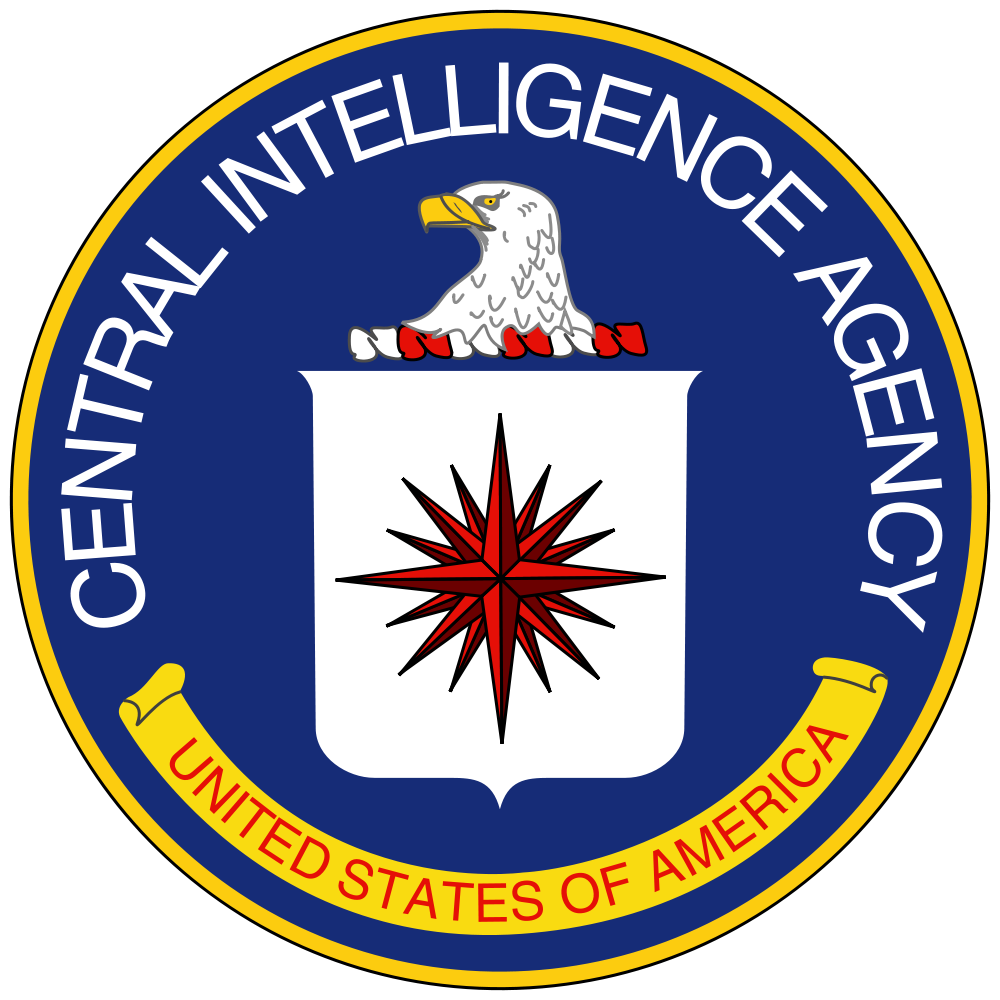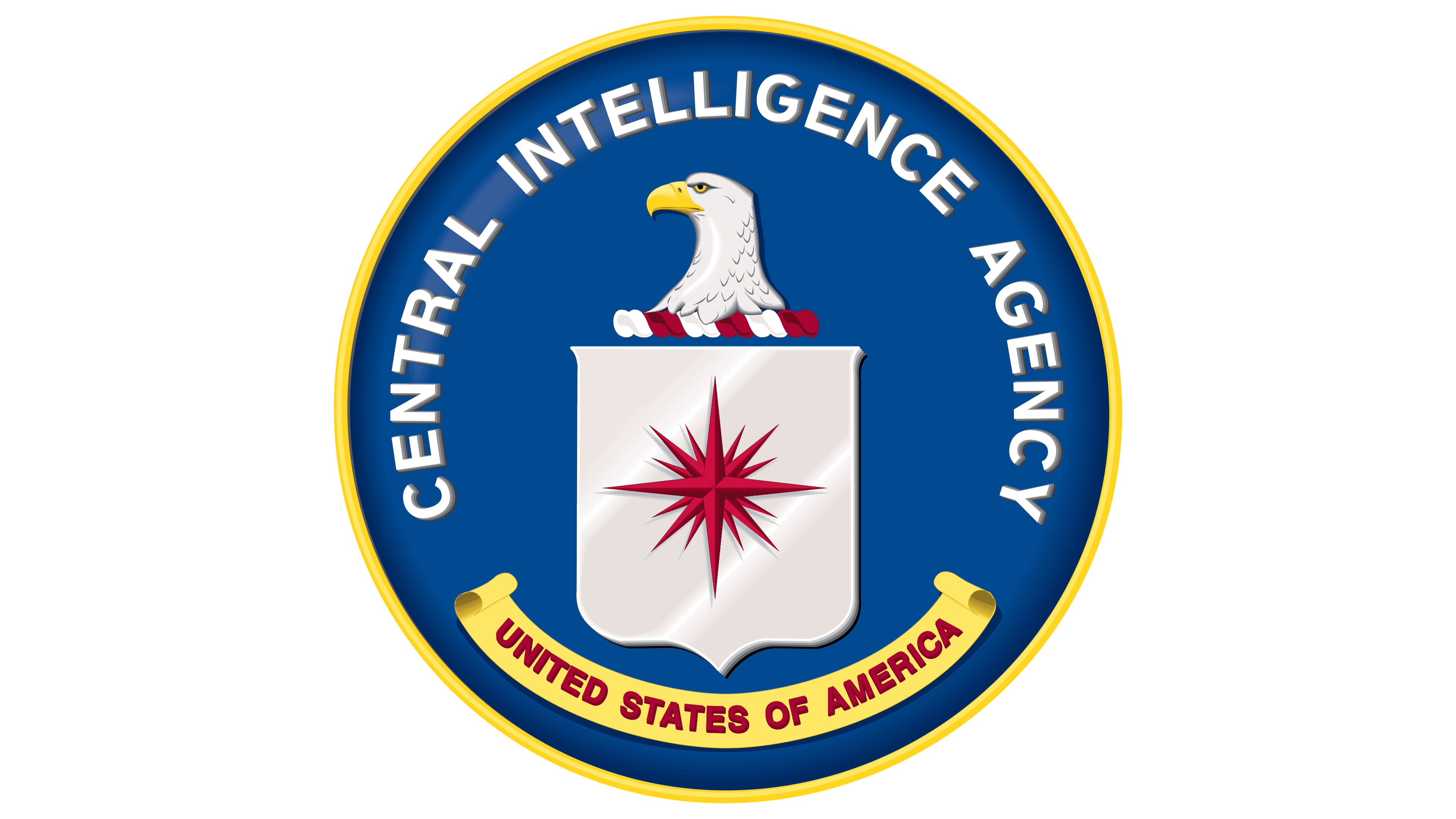When you hear the acronym CIA, images of covert operations, high-tech gadgets, and shadowy figures probably pop into your mind. And let's be honest, who wouldn't be intrigued? The Central Intelligence Agency (CIA) is more than just a government organization; it's practically a legend in its own right. But what exactly does the CIA do? How has it evolved over the years? And most importantly, why should you care? We're diving deep into the world of espionage to uncover the truth behind this enigmatic agency.
Let's be real for a second here. The CIA isn't just some random government department. It's the backbone of U.S. intelligence, operating in the shadows to protect national security. From World War II to modern-day cyber threats, the CIA has been at the forefront of global intelligence operations. But with great power comes great mystery, and that's what makes the CIA so fascinating.
So, why are we talking about the CIA today? Because understanding this agency isn't just about satisfying your curiosity. It's about knowing how intelligence operations shape global politics, influence our daily lives, and safeguard our future. Whether you're a history buff, a conspiracy theory enthusiast, or just someone who wants to stay informed, the CIA's story is one worth exploring. So buckle up, because we're about to take you on a wild ride through the world of espionage!
Read also:Unlock The Secrets Of Balayage Caramelo On Brunettes
What Exactly Is the CIA?
Alright, let's break it down. The Central Intelligence Agency (CIA) is an intelligence agency of the United States federal government, responsible for gathering, processing, and analyzing national security information from around the world. Established in 1947 by the National Security Act, the CIA was created to provide the U.S. government with intelligence critical to national security. But let's not kid ourselves; it's not just about collecting data. The CIA is all about turning raw information into actionable intelligence.
Here's the deal: the CIA doesn't just spy on foreign governments. It also focuses on counterintelligence, counterterrorism, and cybersecurity. In simpler terms, the agency works to protect the U.S. from external threats while gathering intel on potential risks. And trust me, in today's interconnected world, that's no small task.
A Brief History of the CIA
Let's rewind to 1947, when the CIA was officially born. Before that, the U.S. relied on various intelligence agencies during World War II, like the Office of Strategic Services (OSS). But after the war, it became clear that the country needed a more centralized and coordinated approach to intelligence. Enter the CIA. Over the years, the agency has been involved in some of the most significant events in modern history, from the Cold War to the War on Terror.
But here's the kicker: the CIA hasn't always been perfect. There have been scandals, controversies, and even some major failures. Remember the Bay of Pigs invasion? Yeah, that didn't exactly go as planned. But despite its flaws, the CIA remains a crucial part of U.S. national security infrastructure.
The CIA's Core Functions
So, what does the CIA actually do? Let's break it down into four main functions:
- Collection: Gathering intelligence through human sources, satellites, and other means.
- Analysis: Turning raw data into actionable intelligence that policymakers can use.
- Covert Action: Conducting secret operations to influence foreign governments and events.
- Counterintelligence: Protecting the U.S. from foreign espionage and sabotage.
Each of these functions plays a critical role in maintaining national security. But let's not forget the bigger picture: the CIA's work has a global impact. From monitoring nuclear proliferation to tracking terrorist networks, the agency is involved in some of the most pressing issues of our time.
Read also:Red Half Up Half Down The Ultimate Guide To A Bold And Trendy Hairstyle
Who Works at the CIA?
Alright, let's talk about the people behind the scenes. The CIA employs a wide range of professionals, from analysts and linguists to cyber experts and field operatives. But here's the thing: not everyone at the CIA is a James Bond wannabe. Sure, there are the spies and agents you see in movies, but the agency also relies heavily on desk analysts, researchers, and tech experts. It's a team effort, folks!
And let's not forget the diversity factor. The CIA actively recruits individuals from various backgrounds, ensuring that the agency has a broad range of perspectives and expertise. Because, let's face it, solving global problems requires more than just one type of brain.
How the CIA Operates
Now, let's get into the nitty-gritty of how the CIA actually works. The agency operates under the direction of the Director of National Intelligence (DNI) and is overseen by Congress. But here's the thing: a lot of what the CIA does is classified. That means you won't find detailed reports of every operation in the public domain. And honestly, that's kind of the point. The CIA's work is often most effective when it's kept under wraps.
But that doesn't mean the agency operates in a complete vacuum. There are strict rules and regulations governing what the CIA can and cannot do. For example, the agency is prohibited from conducting domestic surveillance without proper authorization. And let's not forget the role of congressional oversight, which ensures that the CIA stays within legal boundaries.
Technology and the CIA
Let's talk tech for a second. The CIA is at the forefront of technological innovation when it comes to intelligence gathering. From satellite imaging to advanced cyber tools, the agency uses cutting-edge technology to stay one step ahead of potential threats. And let's be honest, in today's digital age, cybersecurity is more important than ever.
But here's the thing: technology alone isn't enough. The CIA also relies heavily on human intelligence (HUMINT) to gather information. That means building relationships with sources, infiltrating organizations, and gathering intel the old-fashioned way. It's a delicate balance between tech and tradecraft, and the CIA excels at both.
Controversies Surrounding the CIA
Let's be real: the CIA hasn't always had a spotless reputation. Over the years, the agency has been involved in some pretty controversial operations. From coups in foreign countries to questionable interrogation techniques, the CIA has faced its fair share of criticism. But here's the thing: intelligence work is inherently risky. Sometimes, tough decisions have to be made in the name of national security.
That being said, the CIA has taken steps to address past mistakes and improve transparency. The agency has implemented new policies and procedures to ensure that operations are conducted ethically and legally. And while some may argue that the CIA still has a long way to go, it's clear that the agency is committed to evolving and adapting to the challenges of the modern world.
Conspiracy Theories and the CIA
Alright, let's talk conspiracy theories. The CIA is a favorite target for conspiracy theorists, and for good reason. The agency's secretive nature and involvement in covert operations make it ripe for speculation. But here's the deal: not every conspiracy theory is true. Some are based on facts, while others are pure fiction.
That being said, the CIA has been involved in some pretty shady stuff over the years. From MK-Ultra to Operation Gladio, there are plenty of real-life examples of the agency's more questionable activities. But let's not let the conspiracies overshadow the important work the CIA does every day to protect national security.
The Future of the CIA
So, what does the future hold for the CIA? With the rise of cyber threats, the agency is increasingly focused on digital intelligence. That means investing in new technologies, expanding its cyber capabilities, and adapting to the ever-changing landscape of global security. But here's the thing: the CIA's core mission remains the same: to protect the U.S. from external threats.
And let's not forget the role of international cooperation. In today's interconnected world, no single agency can tackle global challenges alone. The CIA works closely with intelligence agencies from around the world to share information and coordinate efforts. It's a team effort, and the CIA is a key player in that global intelligence network.
Challenges Facing the CIA
Alright, let's talk challenges. The CIA faces a number of obstacles in the modern world. From cyber threats to political instability, the agency has its work cut out for it. But here's the thing: the CIA is no stranger to challenges. The agency has proven time and again that it can adapt and overcome even the toughest obstacles.
But let's not underestimate the importance of public trust. In an era of increasing skepticism towards government institutions, the CIA must work harder than ever to maintain its credibility. That means being transparent, accountable, and responsive to the needs of the American people.
Why Should You Care About the CIA?
Here's the bottom line: the CIA affects your life more than you might realize. Whether it's protecting you from terrorist attacks or monitoring global conflicts, the agency plays a crucial role in shaping the world we live in. And let's not forget the economic impact. Intelligence operations can influence trade policies, diplomatic relations, and even stock markets.
So, why should you care? Because understanding the CIA is about more than just satisfying your curiosity. It's about being an informed citizen, aware of the forces that shape our world. And in today's uncertain times, that knowledge is more important than ever.
How Can You Stay Informed?
Alright, let's talk practical steps. If you want to stay informed about the CIA and its activities, there are plenty of resources available. From government reports to news articles, there's no shortage of information out there. But here's the thing: not all sources are created equal. Make sure you're getting your information from reputable sources, like government websites, academic journals, and established news outlets.
And let's not forget the role of education. If you're really interested in intelligence operations, consider taking courses in political science, international relations, or cybersecurity. Knowledge is power, and in the world of espionage, a little bit of knowledge can go a long way.
Conclusion
Let's recap: the CIA is more than just a government agency. It's a vital part of the U.S. national security infrastructure, responsible for gathering intelligence, conducting covert operations, and protecting the country from external threats. While the agency has faced its share of controversies, it remains a crucial player in the global intelligence community.
So, what can you do? Stay informed, ask questions, and most importantly, keep an open mind. The world of intelligence is complex and ever-changing, but understanding the CIA is a great place to start. And who knows? Maybe one day you'll be the one uncovering secrets and solving mysteries.
Before you go, here's a quick call to action: leave a comment, share this article with your friends, or check out some of our other content. The more we talk about these issues, the better informed we all become. And that's a win-win for everyone!
Table of Contents:


